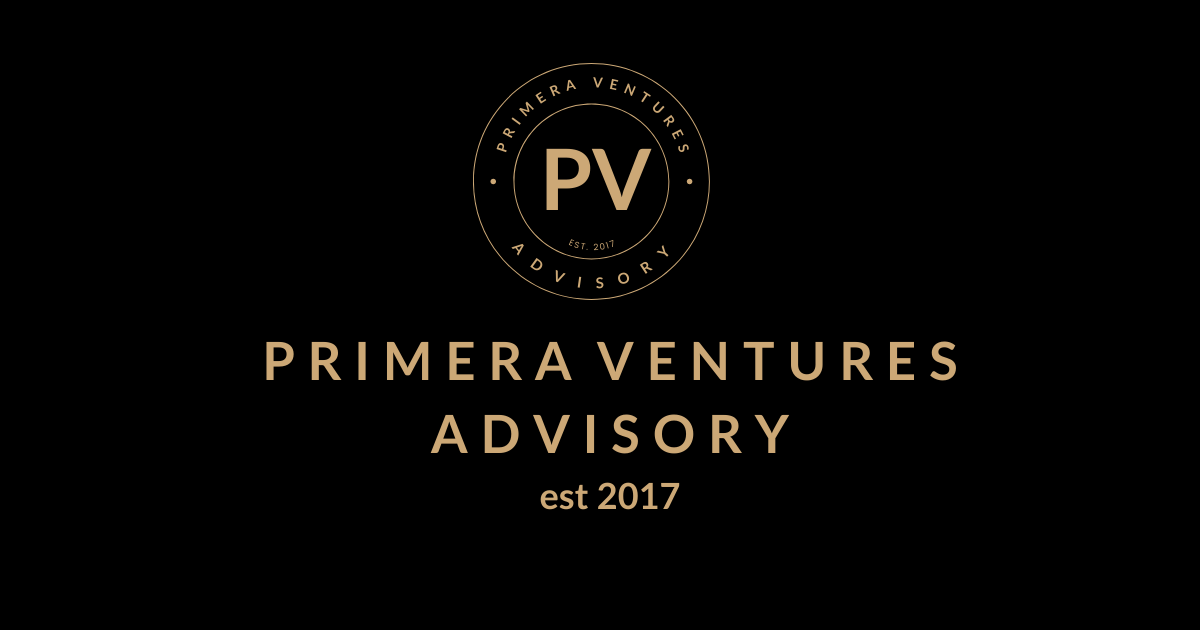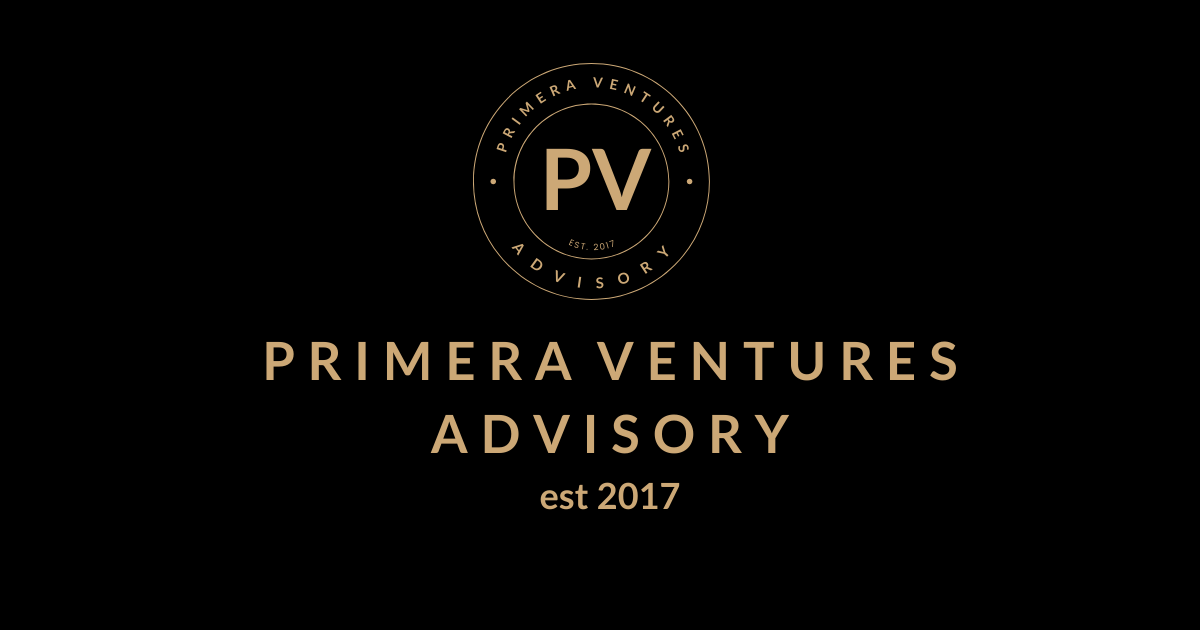Why the Future of Your Business Is Critical to Its Value
As a business owner, you’re likely proud of the results you’ve achieved in the past, but when it comes to the value of your business, your future is critical. That’s why your growth potential is one of eight factors that drive the value of your business. One metric that acquirers may use to evaluate your growth potential is your revenue per employee.
Alphabet (Google’s parent company) generates around $1.3 million in revenue per employee. Compare that to the advertising agency WPP Group, whose average revenue per employee is around $100,000. For every dollar of revenue, WPP needs more than ten times the employees than Alphabet does.
It takes time to recruit, train, and motivate people, which is why WPP has grown more slowly and suffers much lower valuations when compared to a less people- heavy company. Measuring your revenue per employee is just one of many ways an investor may evaluate how quickly they are likely to grow your company.
For an example of some of the other ways acquirers assess your growth potential, take a look at Verizon’s recent acquisition of Skyward. Jonathan Evans started Skyward in 2012 when he spotted companies like Amazon and Walmart using drones for package delivery. Evans was working as an air ambulance helicopter pilot and realised widespread use of drones would eventually create air safety issues. Evans saw an opportunity where others hadn’t and launched Skyward to develop software that could safely route drone traffic. While he wasn’t a programmer, his extensive aviation experience enabled him to understand how the current airspace management guidelines could be turned into applications that created “digital train tracks” for drones.
Early adopters like utility, construction, and media companies used Skyward’s software to manage their drone fleets. Investors also came calling. Within a few years, Skyward had raised approximately $8 million. One of those investors was Verizon. Drones would require fast and reliable Internet connectivity to operate safely, and the telecom giant wanted a piece of the future. Airbus came calling too, and when Verizon heard of the aerospace corporation’s interest, they leaped into action and offered to buy the company. For Evans, marrying his nascent technology to the country’s largest telecommunications giant was an ideal match. Within days, Evans had sold Skyward to Verizon for top dollar. Investors enjoyed returns of between three and five times their original investment. Given the growth of the industrial drone market, Verizon knew Skyward had the potential to expand quickly as significant companies started to adopt drones. Verizon also understood that as Skyward grew, so too would the customer’s need for Verizon’s data because drones rely on a data connection to communicate with the ground.
No matter what business you’re in, the critical takeaway is to remember that the value of your business is determined less by what you have done in the past and more by what you will likely do in the future.
The Strategy Sphere








